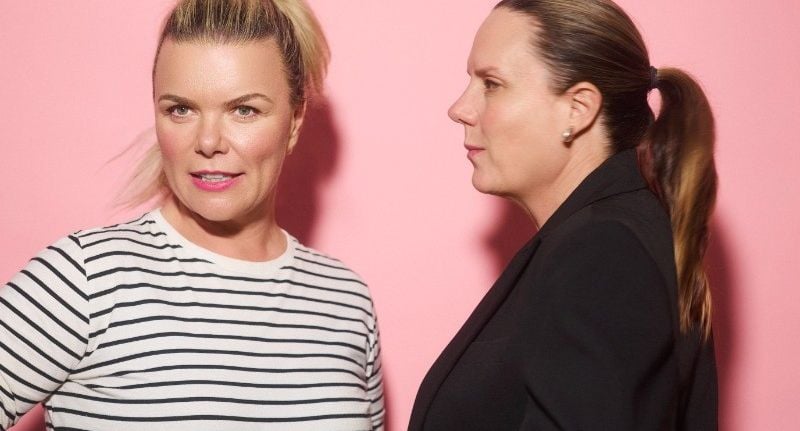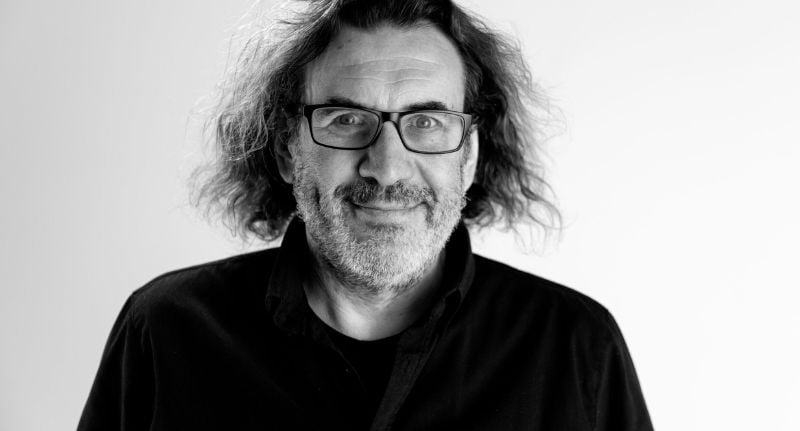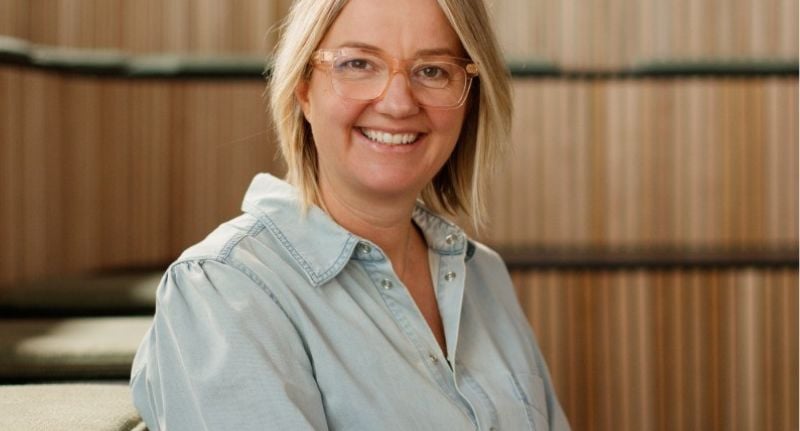Independent and mid-sized agencies will gain an edge as global advertising giants merge, according to Australian creatives.
Omnicom completed its acquisition of IPG, forming the world’s largest advertising group, after the deal cleared the final regulatory hurdle on Wednesday afternoon.
It comes nearly a year after their plans to merge were first disclosed, marking a rare consolidation between two of the big four global holding companies.
The new leadership team is expected to be announced next week.

Penny Buck
What the merger means for agencies
Penny Buck, ECD at Jane Doe Creation, said the move may look like a data-and-AI power play on paper, but in reality “it feels like an erosion of the very personalities and cultures that made these agencies worth buying in the first place.”
“The announcement reads like an accountant’s chatbot: platforms, precision, performance but not a single heartbeat of creativity,” she told Mediaweek.
“And the bigger this machine gets, the slower it moves.”
Buck added that the best AI talent wants freedom and variety, not to be locked inside a holding company.
“This is great news for indies that can pull in the right people, move quickly and stay creative,” she said.
“It’s less an AI strategy than a soft deletion of personality, and that’s exactly where we choose not to compete.”

Adam Ferrier
Big merger, bigger questions
Adam Ferrier, chief thinker at Thinkerbell, doesn’t think the world needs another agency.
“Brands are being built very differently now and the shape of creative services required is changing quickly,” he said.
“The reason why these two companies merged was because marketers are no longer paying for what they did.”
Ferrier said the merger presents two possible outcomes for the agencies.
“One is the people that remain after the merger get stronger, as the merger will take the best of both holding companies, and through smashing them together, the strong survive and the agencies become better,” he said.
“The other is that the agencies become better at something the world is not asking for anymore and it just fast tracks their own irrelevance.
“I hope it’s the former and this will require careful leadership to merge the two companies whilst forging a new path forward.”

Jen Sharpe
Why independence matters
Jen Sharpe, managing director at Think HQ, believes the merger signals a preference for scale over local.
“The risk is that as scale increases, local autonomy fades,” she said.
“When key decisions are mandated from halfway around the world, it becomes harder to maintain the agility required to compete in a market as specific as ours. Competitiveness today demands authentic connection, not just a deeper bench.”
Sharpe said independent agencies will benefit from retaining the freedom to pick their clients, while the giants may struggle with the friction of global integration.
“Clients are craving that authenticity and want to know their agency partners share their values,” she added.
“Agencies that still have agency will thrive – and those agencies are invariably indies.”

Adrian Elton
Holding companies risk stifling creativity
Adrian Elton, an independent creative, said Omnicom’s rise to ‘Godzilla’ status, at a time when AI is prompting marketing departments to question the viability of agencies, is part of an ongoing devolution within the industry.
“While it might make for some pretty numbers on the ledger, it gets less pretty where it counts,” he said.
Elton likened the situation to a band swallowing up any newcomers who dared to nibble at their market share.
“If ABBA took over AC/DC, whose voice would dominate? Whose cultural and creative aesthetic would take precedence? Would it be more ‘super group’ or ‘super gloop’?” he asked.
“Omnicom will no doubt win the ‘Battle of the Blands’ as any angular or defiant creative points of difference get chamfered down to the smoothness of a dull riverstone.
“This will hopefully create an equal and opposite reaction in the marketplace where clients rediscover the benefits of working with far more nimble and diminutive indies.”

